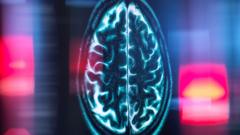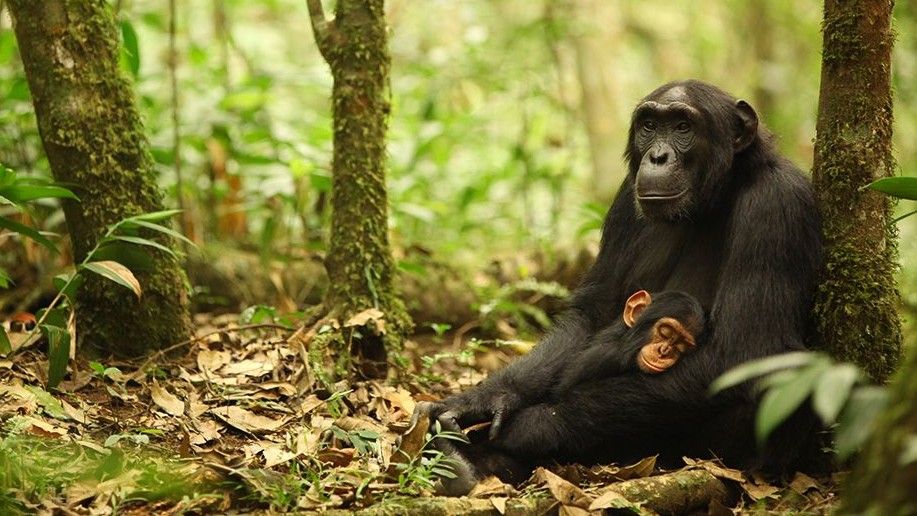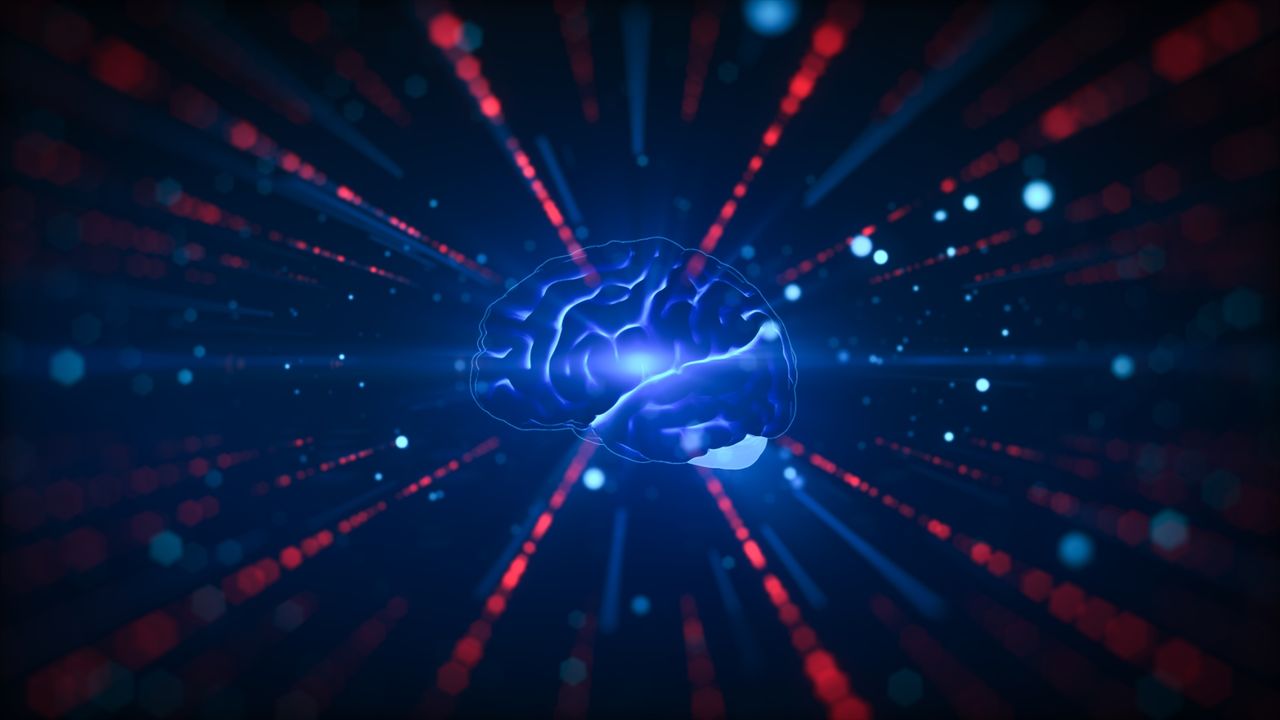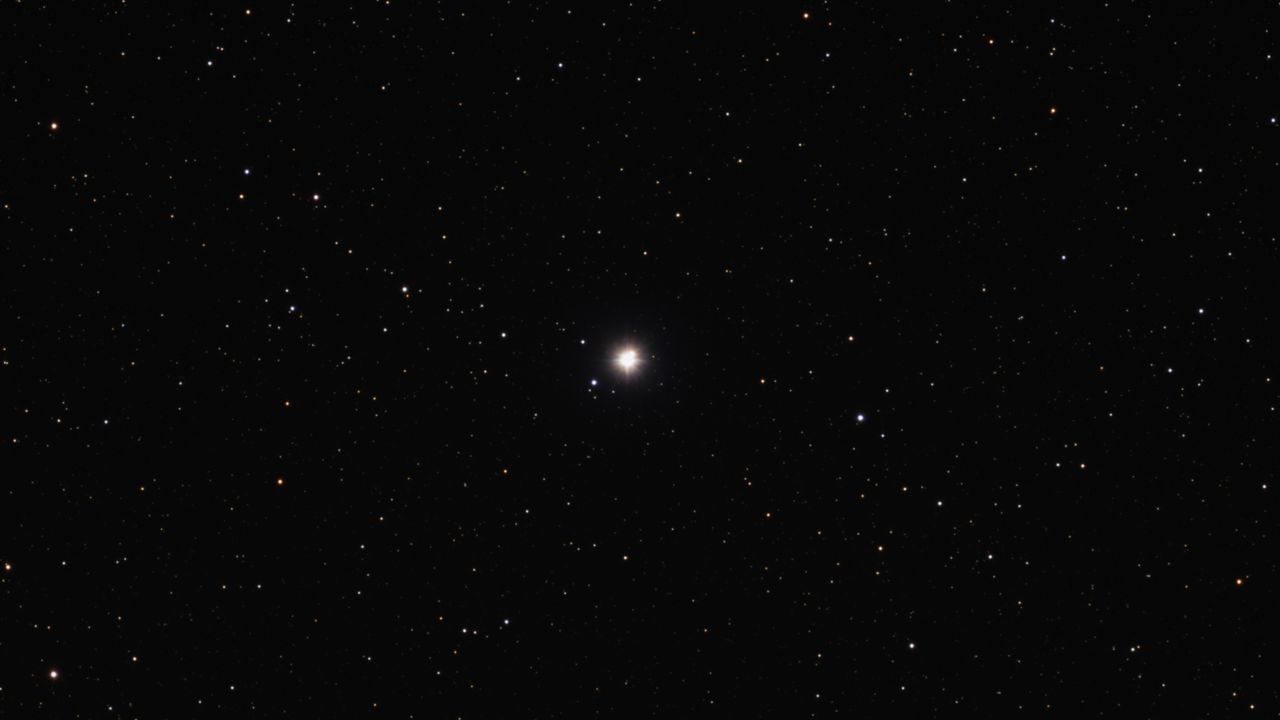Scientists pinpoint the brain's internal mileage clock
PositiveScience

In a groundbreaking study, scientists have identified a crucial area of the brain responsible for tracking internal mileage, using running rats to record brain activity. This discovery is significant as it enhances our understanding of how the brain processes distance and movement, potentially leading to advancements in treating conditions related to spatial awareness and memory.
— via World Pulse Now AI Editorial System


